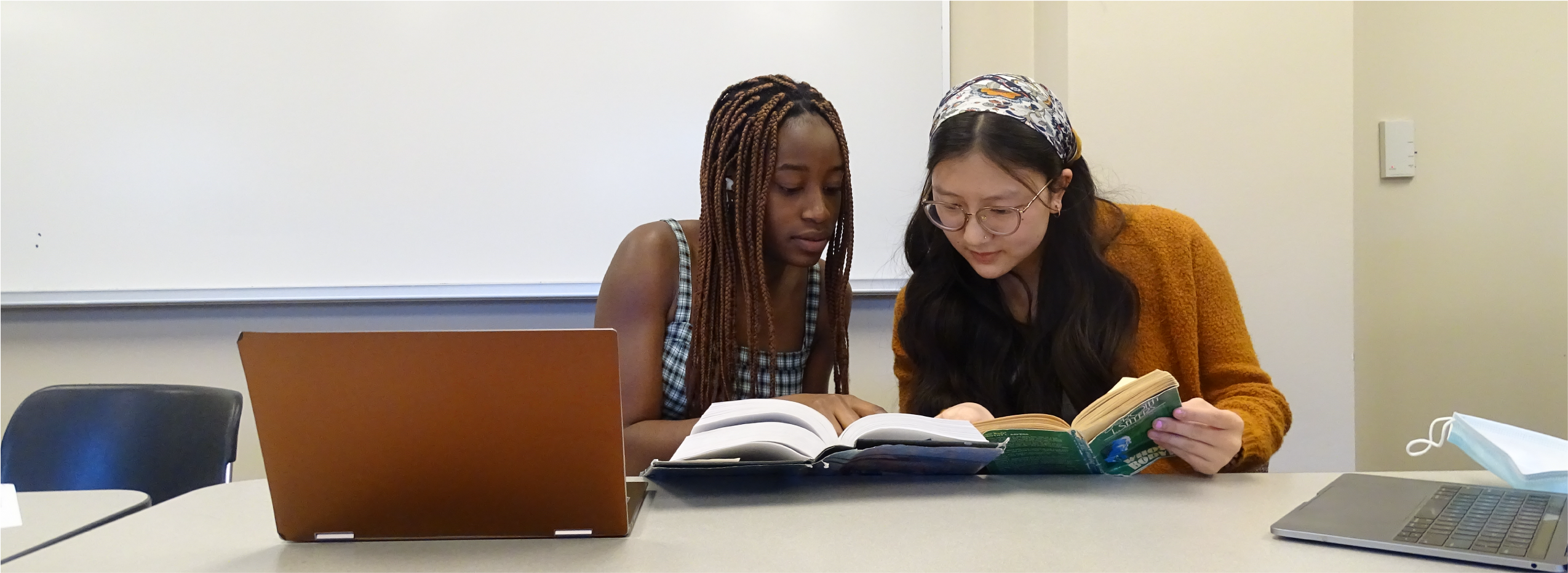Upcoming Courses
FALL 2025
GSS 1150: Sex and Gender in Everyday Life
Rose, Kristin E.
Section 01: 3.0 hrs | Lecture | TR | 11:00pm – 12:15 pm
GSS 1150W: Sex and Gender in Everyday Life
Simplican, Stacy C.
Section 01: 3.0 hrs | Lecture | TR | 01:15pm – 2:30pm
GSS 1160: Sex and Society
Gutman, Jennifer M.
Section 01: 3.0 hrs | Lecture | MWF | 10:10am – 11:00am
Section 02: 3.0 hrs | Lecture | MWF | 12:20pm – 1:10pm
Lowe, Jessica
Section 03: 3.0 hrs | Lecture | MWF | 10:10am – 11:00 am
Threadcraft, Shatema
Section 04: 3.0 hrs | Lecture | TR | 11:00am – 12:15pm
Section 05: 3.0 hrs | Lecture | TR | 1:15pm – 2:30pm
Epstein-Levi, Rebecca
Section 06: 3.0 hrs | Lecture | TR | 9:30 am – 10:45am
GSS 1160W: Sex and Society
Lowe, Jessica
Section 01: 3.0 hrs | Lecture | MWF | 01:25pm – 2:15pm
GSS 1272: Feminism and Film
Navarro, Kristen
Section 01: 3.0 hrs | Lecture | MWF 12:20pm – 1:10 pm
GSS 2234: Women in Judaism
Epstein-Levi, Rebecca
Section 01: 3.0 hrs | Lecture | TR | 1:15pm – 2:30pm
GSS 2240: Introduction to Women’s Health
Charles, Antoinette
Section 01: 3.0 hrs | Lecture | TR | 2:45pm – 4:00pm
GSS 2242: Women Who Kill
Schwarz, Kathryn
Section 01: 3.0 hrs | Lecture | TR | 4:15pm – 5:30pm
GSS 2246: Banned Books
Lowe, Jessica
Section 01: 3.0 hrs | Lecture | MWF | 2:30pm – 3:20pm
GSS 2256: Literary Lesbians
Rose, Kristin
Section 01: 3.0 hrs | Lecture | TR | 2:45pm – 4:00pm
GSS 2611: Beyond the Binary: Gendered Lives
Jones, Hannah
Section 01: 3.0 hrs | Lecture | TR | 9:30am – 10:45am
GSS 2610: Womanism in Global Context
Valentine, Danyelle
Section 01: 3.0 hrs | Lecture | 1:15pm – 2:30pm, 2:45pm – 4:00pm
GSS 2617: Supernatural Sexuality
Dicker, Rory
Section 01: 3.0 hrs | Lecture | TR | 9:30am – 10:45am
GSS 3306: Reproductive Justice: The Politics of Reproduction, Family, and Liberty
Navarro, Kristen
Section 01: 3.0 hrs | Lecture | MWF | 10:10 am – 11:00 am, 11:15am – 12:05pm
GSS 3850: Independent Study—as requested basis, requires approval from department
GSS 3880: Internship Training—as requested basis, requires approval from department
GSS 4950: Capstone Colloquium-—as requested basis, requires approval from department
GSS 4960: Senior Seminar
Essin, Christin
Section 01: 3.0 hrs | Seminar | W | 03:10pm – 05:40pm
GSS 4998: Honors Research
Covington, Elizabeth R.
TBA
GSS 8989: Graduate Independent Study—as requested and with department approval

